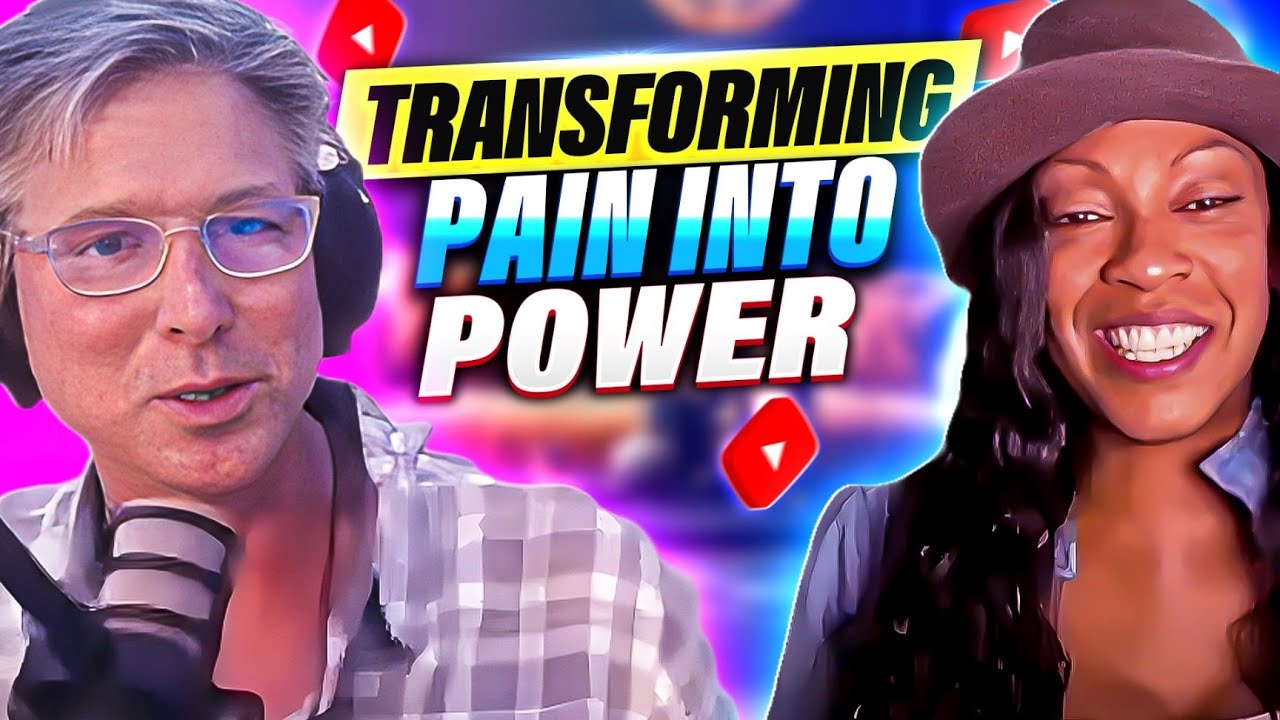Picture this: a courtroom filled with tension, the air thick with anticipation. Stephanie Shepard sat nervously, glancing at her sister beside her, both hoping for a miracle. But when the judge delivered the sentence 120 months for a crime she never thought would touch her life her sister’s scream cut through the silence like a knife, while Stephanie managed a smile, trying to comfort her. It was a moment that would forever change the course of her life, a moment that began her unexpected journey through the criminal justice system.
Stephanie grew up in a suburban household, the youngest of eight siblings. Her upbringing was typical, with a father who had seen the world change significantly since his birth in 1919. She bounced around a couple of colleges, tried her hand at selling real estate in New York, and lived life mostly unaware of the looming challenges that would soon engulf her. Though she didn’t consume cannabis until the age of 28, it was a personal relationship that would thrust her into a world she had never anticipated.
That relationship brought trouble to her doorstep when her ex boyfriend, who had a serious heart condition, was arrested for cannabis related charges. On the day she was supposed to pick him up from court, agents from the DEA and ICE showed up at her apartment. Believing they were merely there for questioning, she buzzed them in, unaware that her life was about to spiral into chaos. The warrant for her arrest stemmed from charges of conspiracy to distribute cannabis, and in an instant, her life transformed from a normal existence to one filled with legal battles and uncertainty.
The shock of that moment was profound, but it was just the beginning. Stephanie spent a year on pretrial, navigating a system that felt foreign and overwhelming. She lost her real estate license and faced mounting financial difficulties, all while grappling with the emotional toll of her situation. When she was sentenced, disbelief washed over her, and amidst the chaos, she found herself comfortingly smiling at her sister, trying to be the strong one when she felt anything but.
But it was during this time that Stephanie began to awaken to her reality. The first few years were filled with denial and a sense of naivety, believing that prison could never happen to her. It took about five years for her to truly accept her situation, a realization that no one was coming to save her. That moment of clarity shifted her perspective, propelling her into action.
She joined the Last Prisoner Project, dedicating herself to helping others who found themselves in similar predicaments, wrongfully incarcerated for cannabis related offenses. As she navigated her way through nine years of a ten year sentence, her focus shifted from her own circumstances to the plight of others. Stephanie became an advocate, channeling her experiences into a mission to support those who had been unjustly punished. She learned that the system was not just a series of legal proceedings, but a web of human stories each one deserving of compassion and understanding.
Now, as she steps back into the world, having served her time, Stephanie is not just a former inmate; she is a voice for change. Her journey is marked by a profound understanding of the complexities of justice and the importance of advocating for those who cannot advocate for themselves. She has taken her experiences and used them to ignite conversations about reform, striving to create a future where others do not have to endure the same hardships she faced. Reflecting on her journey, Stephanie’s story is not just about the years lost to wrongful incarceration but also about finding purpose in the aftermath.
It’s a reminder of the strength that lies within us to reshape our narratives, to rise from the ashes of our past, and to become advocates for justice in a world that often feels unjust. Her voice resonates with those who have suffered in silence, and through her work, she continues to shine a light on the importance of compassion, understanding, and reform in the fight for justice.

